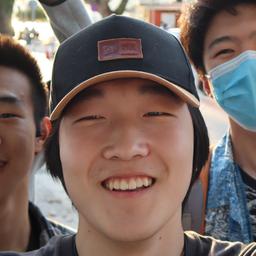Meet Polygence Scholars and explore their projects


Project: “Effects of Various pH Conditions on the Carbon Sequestration of Carex nudata“

Project: “Behavioral Interventions for ADHD: A Systematic Review of Organizational Skills and Academic Outcomes“

Project: “Comparison of Root Canal vs. Dental Implant: Outcome and Success Rates“

Project: “In The Nung“

Project: “What were the crucial reasons that led to the transformation of Boeing from a customer-friendly, safety-oriented company to a financial-corporate-interest-driven one, and what were the effects of such a transformation?“

Project: “What metrics have the most significant impact on the Houston Astros’ likelihood of winning a game?“

Project: “Causes of Chemo Brain, Potential Treatment Options, and its Prevalence in Breast Cancer“

Project: “The GameStop Short Squeeze: Retail Investors, Market Mechanics, and the Decline of a Legacy Business Model“

Project: “In Search for Love: Modernization, Home, and Romance in Wang Kar Wai and Jia Zhangke“

Project: “The Use of Machine Learning to Decode Neural Activity in the Motor Cortex of Primates“


Project: “How does the integration of AI in banking affect customer trust and the traditional relationship-based nature of banking?“

Project: “Predicting Baseball Pitcher Efficacy using Physical Pitch Characteristics"“

Project: “Increasing Cervical Cancer Screening Access for Women in Nigeria“

Project: “Instances of Pavlovian Conditioning in Government Propaganda“

Project: “Post-COVID-19 and Climate Change Effects on Infectious Myocarditis: Implications for the Cardiovascular System“

Project: “Assistive Technology for Neurodevelopmental Disorders: A Review of Literature“

Project: “In what ways can the interconnections between the gut microbiome and the brain influence Alzheimer's disease susceptibility and progression?“

Project: “Rose Adélaïde Ducreux / Lydia O Dress Project“

Project: “Origami-Inspired Mechanisms for Enhanced Efficiency and Reliability in CubeSat Solar Panels“